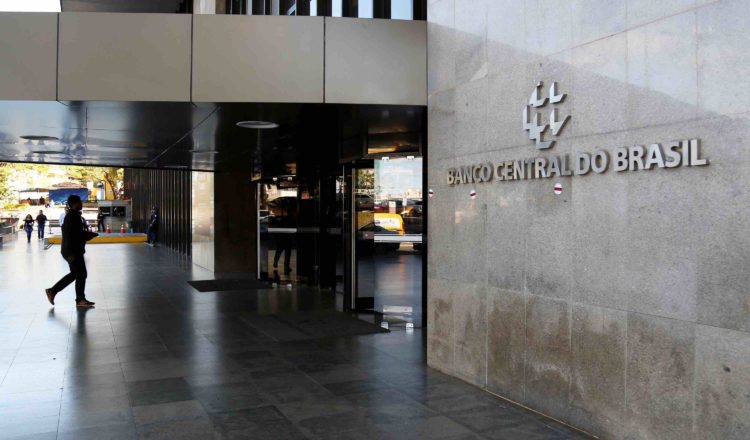President of the Brazilian Central Bank Roberto Campos Neto has announced that the introduction of Brazil’s digital currency is planned for 2024, following a closed pilot test with financial institutions in 2019.
According to Neto, the design of the digital currency issued by the central bank will induce banks to tokenize their assets, resulting in significant efficiency advantages.
According to Neto, if the digital currency is actually a tokenized deposit, it inherits all existing deposit-specific regulations and shouldn’t affect monetary policy or banks’ balance sheets.
According to Neto, the tokenization of deposits should reduce the banks’ settlement, auditing, and funding expenses.
When consumers can get cheaper credit through the system without paying a fee known as the merchant discount rate, Neto also projected a rise in the use of the bank’s well-known rapid payment system, Pix (MDR).
Pix, which went live in November 2020, is free for users, but banks and other financial institutions are free to set their own fees for sending and receiving money from merchants.
Brazil’s Pix system has become so widely used that it now outpaces credit and debit card transactions there.
According to Neto, IMF representatives have addressed the central bank and provided feedback that this model appears to be the simplest to adopt and that other central banks should have a closer look at it.
Read more on Tech Gist Africa:
El Salvador has announced plans to build the world’s first Bitcoin City
U.S. President Joe Biden orders government to study digital dollar and other cryptocurrency risks
Jamaica will launch its digital currency in the first quarter of this year
South African cryptocurrency platforms must be regulated by 2023














